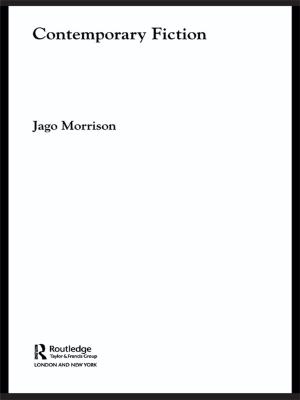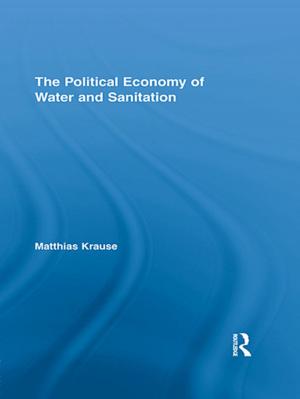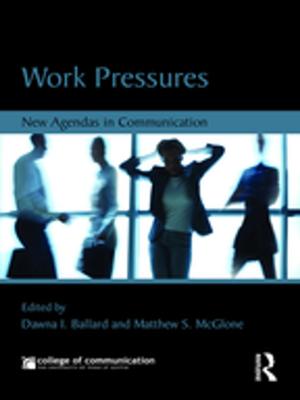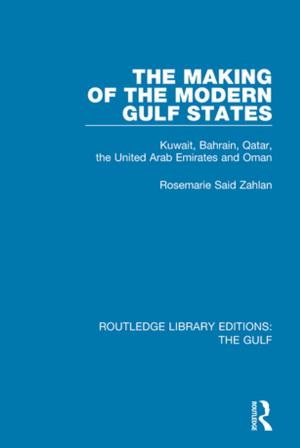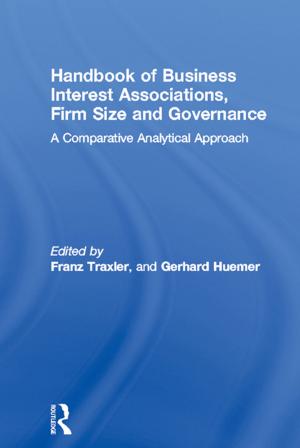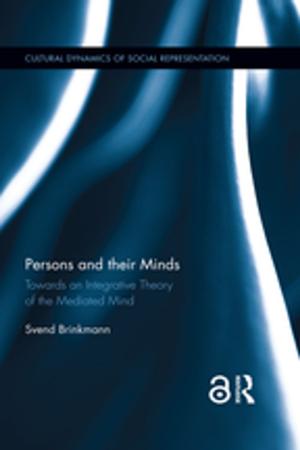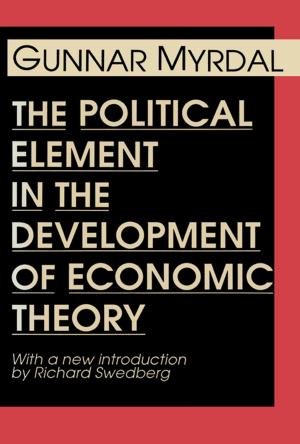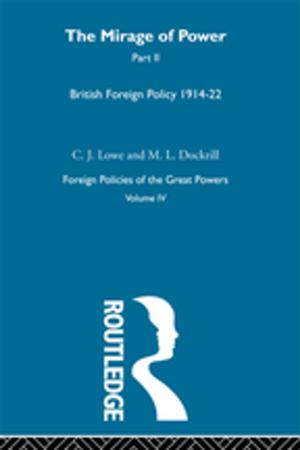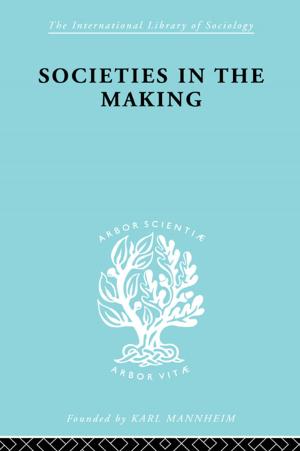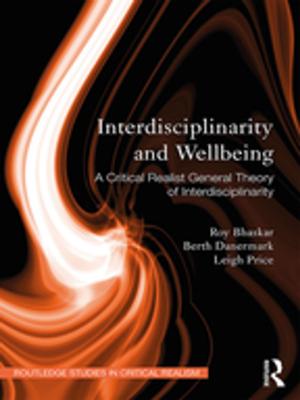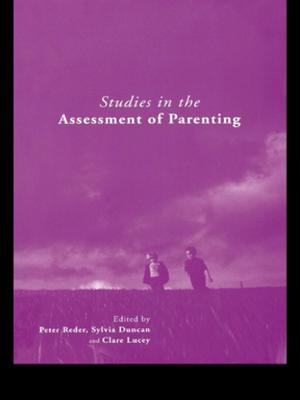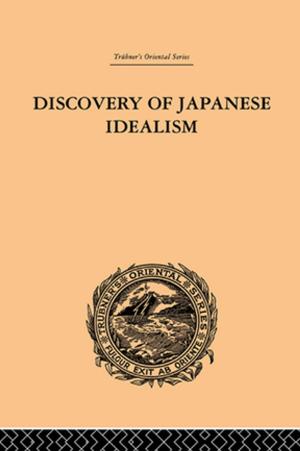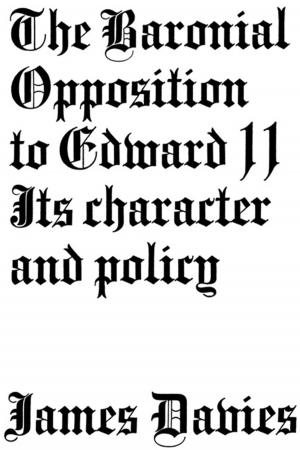| Author: | P.F. Strawson | ISBN: | 9781351153584 |
| Publisher: | Taylor and Francis | Publication: | November 28, 2017 |
| Imprint: | Routledge | Language: | English |
| Author: | P.F. Strawson |
| ISBN: | 9781351153584 |
| Publisher: | Taylor and Francis |
| Publication: | November 28, 2017 |
| Imprint: | Routledge |
| Language: | English |
P.F. Strawson has been a major and influential spokesman for ordinary language philosophy throughout the late twentieth century, studying the relationship between common language and the language of formal logic. This reissue of his collection of early essays, Logico-Linguistic Papers, is published with a brand new introduction by Professor Strawson but, apart from minor corrections to the text, these classic essays remain original and intact. Logico-Linguistic Papers contains Strawson's major essay, 'On Referring', in which he disputed Bertrand Russell's theory of definite descriptions, distinguishing between referring to an entity and asserting its existence. The book contains twelve essays in all, grouped by subject matter. The first five are concerned with the topic of singular reference and predication and the last three are all responses to J.L. Austin's treatment of the topic of truth. Strawson disputes the correspondence theory of truth, maintaining that facts are what statements (when true) state. The remaining papers deal with meaning, speech acts, logical truth and Chomsky's views on syntax.
P.F. Strawson has been a major and influential spokesman for ordinary language philosophy throughout the late twentieth century, studying the relationship between common language and the language of formal logic. This reissue of his collection of early essays, Logico-Linguistic Papers, is published with a brand new introduction by Professor Strawson but, apart from minor corrections to the text, these classic essays remain original and intact. Logico-Linguistic Papers contains Strawson's major essay, 'On Referring', in which he disputed Bertrand Russell's theory of definite descriptions, distinguishing between referring to an entity and asserting its existence. The book contains twelve essays in all, grouped by subject matter. The first five are concerned with the topic of singular reference and predication and the last three are all responses to J.L. Austin's treatment of the topic of truth. Strawson disputes the correspondence theory of truth, maintaining that facts are what statements (when true) state. The remaining papers deal with meaning, speech acts, logical truth and Chomsky's views on syntax.

